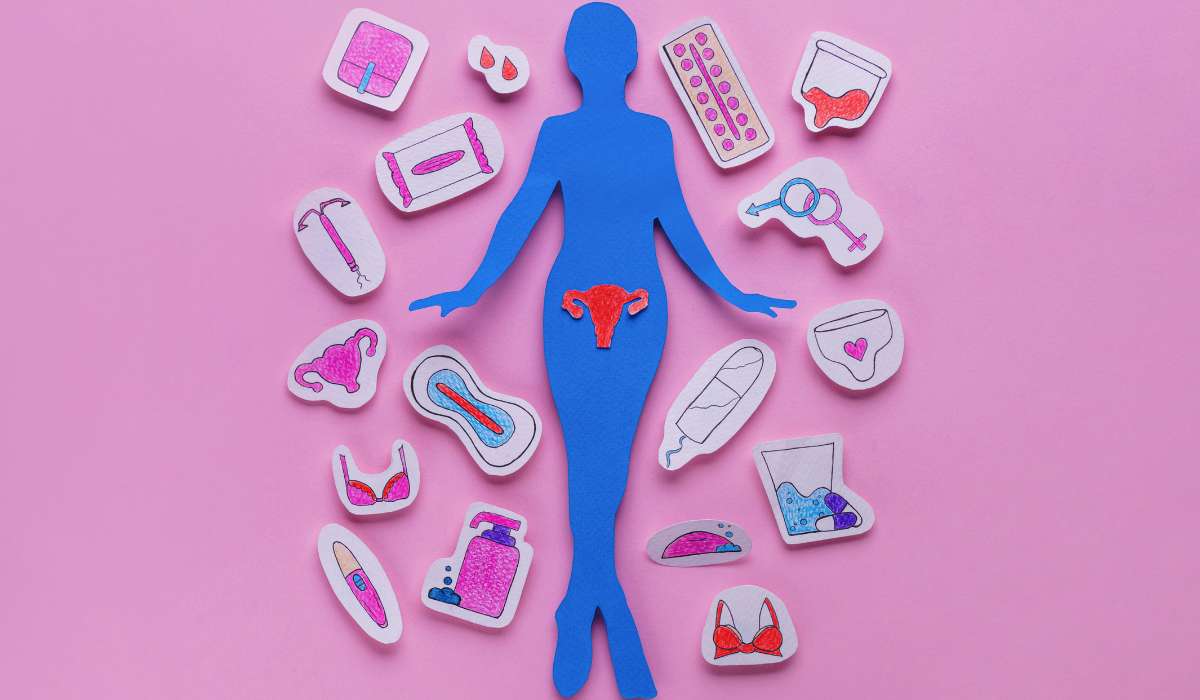
Maintaining reproductive health is crucial for women’s overall well-being. It involves many aspects of the female body, from menstruation to menopause, and encompasses a broad range of issues related to the reproductive system. Here are 10 essential tips every woman should consider to ensure optimal reproductive health:
Schedule regular gynecological exams to catch potential issues early. This includes Pap smears, which can detect abnormal cells in the cervix, and pelvic exams to ensure everything is healthy and functioning properly.
Understanding your menstrual cycle helps you monitor your reproductive health and can provide insights into potential health concerns. It’s also useful for family planning, whether you’re trying to conceive or avoiding pregnancy.
Nutrition plays a critical role in reproductive health. Ensure you’re getting enough iron to compensate for what’s lost during menstruation. A diet rich in fruits, vegetables, whole grains, lean proteins, and healthy fats can promote hormone balance and a healthy reproductive system.
Drinking plenty of water is beneficial for all facets of health, including reproductive health. It helps flush out toxins and can reduce issues such as urinary tract infections, which can affect the reproductive system.
Protecting against sexually transmitted infections (STIs) is vital. Use condoms, undergo regular STI screenings, and maintain open communication with your partner about sexual health.
Stress can adversely affect menstrual cycles and overall reproductive health. Engage in activities that reduce stress levels such as yoga, meditation, or regular exercise.
Excessive alcohol and caffeine intake can have negative effects on fertility and overall reproductive health. Moderation is key to maintaining a healthy lifestyle.
Smoking has been linked to a higher risk of infertility and can cause complications in pregnancy. It also accelerates the onset of menopause. Quitting smoking is one of the best things you can do for your reproductive (and overall) health.
Regular exercise helps regulate hormones and maintain a healthy weight, which is important for reproductive health. A mix of cardio, strength training, and flexibility exercises is ideal.
Be aware of your family’s medical history, as some reproductive health issues are hereditary. Discuss any concerns with your healthcare provider to stay ahead of risks.
Women’s reproductive health is a vital aspect of health that demands awareness and care throughout life. By paying attention to these essential tips, women can ensure that they are taking proactive steps towards maintaining their reproductive health. Remember, if you have any concerns about your reproductive health, it is always best to consult a healthcare professional for personalized advice. Your body is your temple — cherish and protect it.
If you have any questions or need further insights on reproductive health, always feel free to reach out to your healthcare provider. They are invaluable resources in your journey toward a healthful life.
Leave A Comment